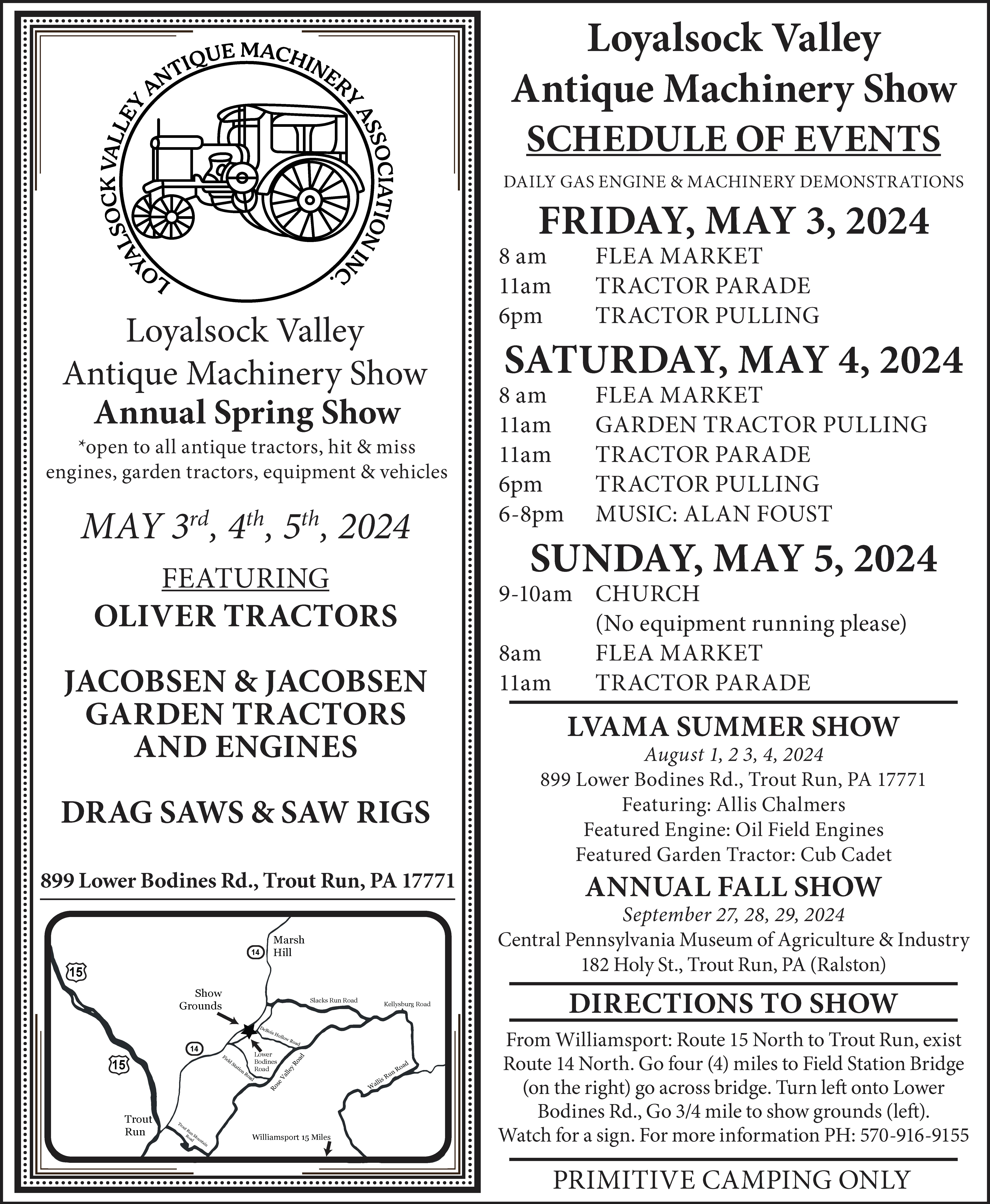For all of us who enjoy the out of doors and watching nature at its best, springtime and early summer are wonderful seasons to observe some of the greatest moments in the world of wildlife. It is the time of year when all manners of birds and mammals give birth and nurture their young — replenishing and regenerating their species.
It makes these weeks throughout the process even more rewarding to spend time outdoors, observing nature and their young.
Just a few weeks ago, I had the joy of watching a hen grouse scurry her young brood of 6 tennis ball-sized chicks through the woods alongside the logging road on which I was traveling. Last week, I observed a hen turkey with her clutch of 5 turkey poults, and for some time now, whitetail does have been showing up with their freshly born fawns — usually one per mother, but occasionally twins. Probably the most often seen are the new fawns as they wobble and rock back and forth, trying to establish their balance so they can walk to the does that gave birth to them and take nourishment from the nutrient-rich milk that she provides.
Black bears have been out of their winter dens for some time and provide one of the more unique sights when a mother bear shows up with her cubs, usually numbering from one to four. It is quite a sight to see a Mama bear appear with four cubs trailing behind her. It is not unusual when there are three or four cubs to have one, in particular, that is noticeably the runt of the litter.
If you are lucky, you just might be fortunate enough to witness the interaction between a hen turkey or grouse and their young. Families of young poults are funny to watch as they scurry back and forth, always under the watchful eye of the mother hen. She is usually standing tall, head stretched up looking for any airborne or ground traveling predators. If approached by any bird or animal that is interested in snacking on her young, she can be very aggressive and quite lethal.
It is an amazing transition to watch a newly born fawn wobble and try to gain its “feet” until, in just a few days, he is quite adept at following behind his mother.
For the first few weeks of his life, he has no scent. It is part of his defense against ground predators. Additionally, his mother teaches him to hide, usually in tall grass, and all curled up in a ball while lying as motionless as possible to avoid predation. It is quite amazing to come across a fawn and look closely to watch only the slow movement of his nostrils, as all of his other body parts remain perfectly still.
Yes, it is an amazing time of the year, as the new crop of young come into the world and romp and run about as they quickly grow in their first few months of existence, and sooner than you can imagine, become independent of their parents. But, along with this period of joy and pleasantness comes the reality of the other part of the equation — that death is also prevalent this time of year.
The “Grim Reaper” comes in many forms this time of year, as the young and weak of newborns fall prey to their search for food.
Hawks, owls, and eagles will be targeting young birds and mammals. Coyotes, bobcats, raccoons, and even black bears are very active this time of year predating on young birds and animals. It is an interesting fact that black bears are recorded as taking more young fawns than any of our other predators.
Just last week, I had the pleasure of watching a pair of fawns running back and forth, jumping and twisting in midair as they splashed along the edge of a pond. The following morning, I watched a 400-pound male black bear stroll across the field adjoining that same pond. This largest and most deadly of the “Grim Reapers” was in search of his next meal, and he had young fawns on his mind.
There can be much pleasure in observing the activities and antics of the young of all of the species, but, along with it is the reality that the “Grim Reaper” is also part of the equation.




Leave a Comment
Your email address will not be published. Required fields are marked with *